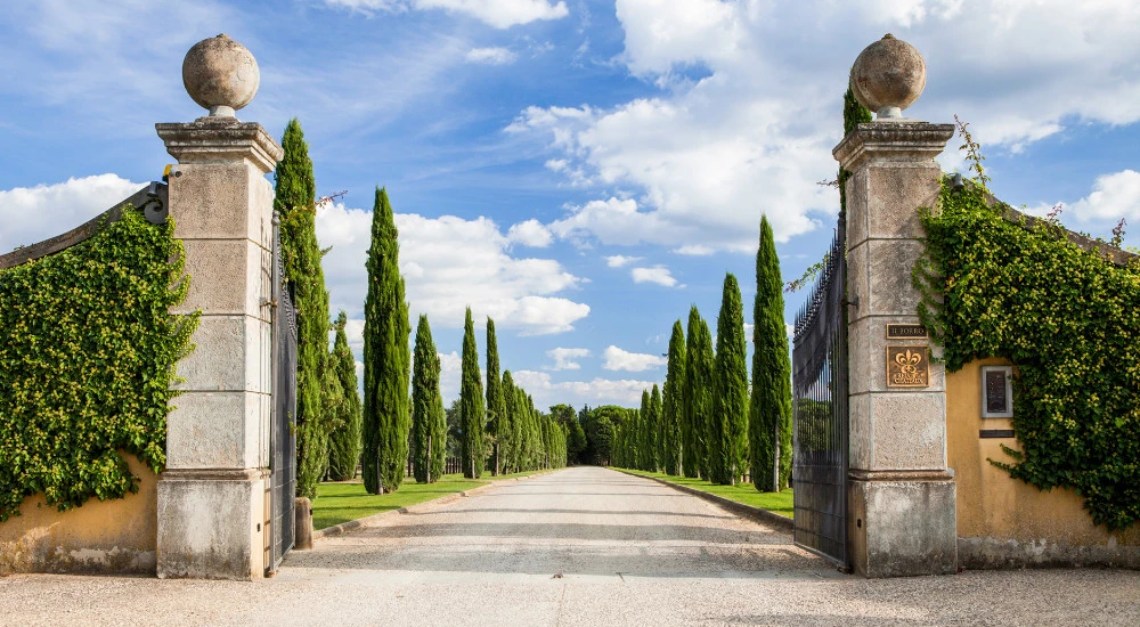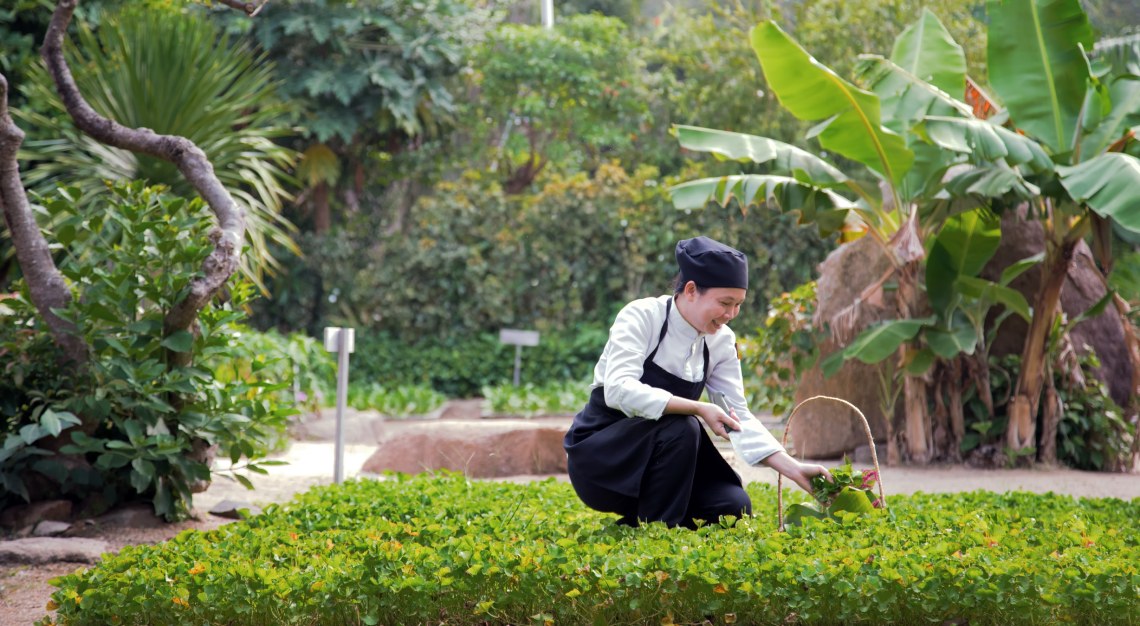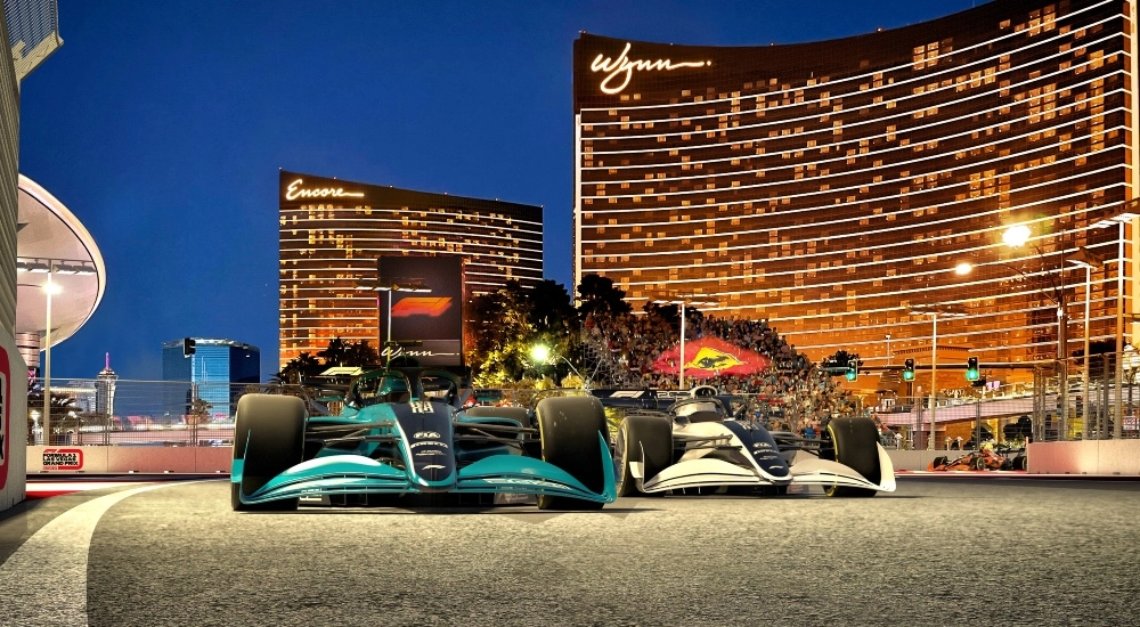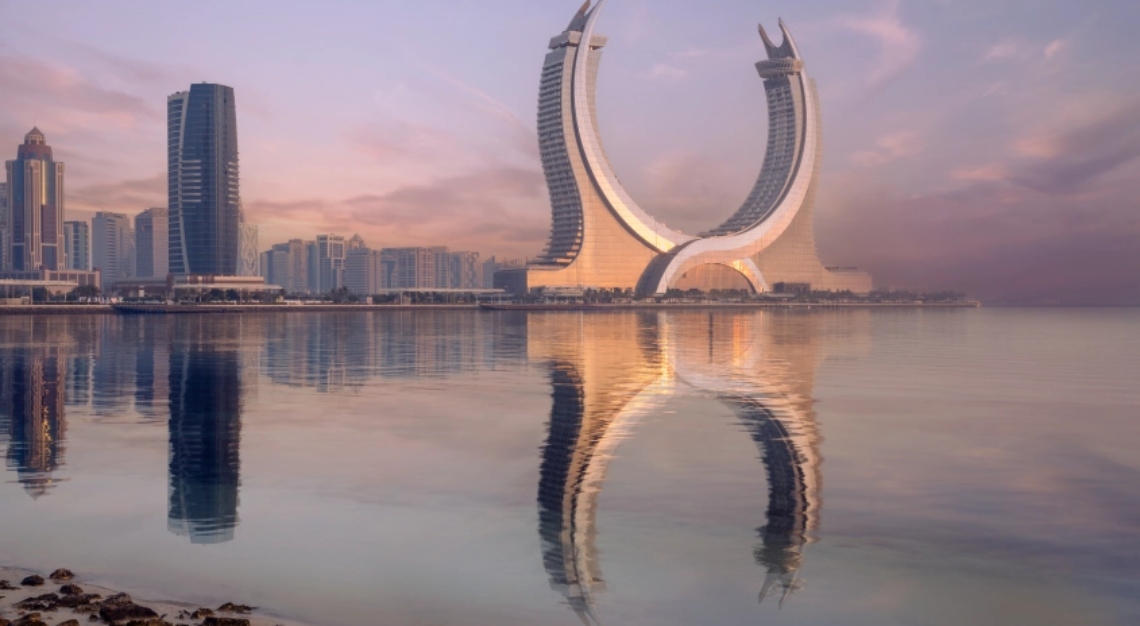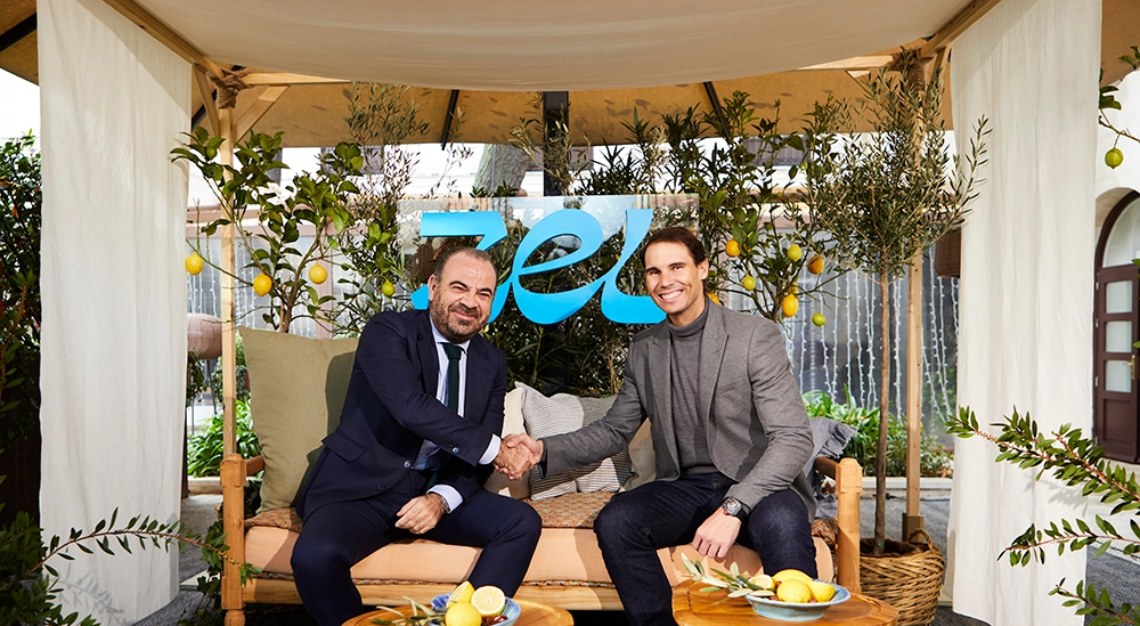Salvatore Ferragamo fell in love with Il Borro in 1993, when his father acquired the property in a state of disrepair. Now, it’s a luxury resort that promises an authentic Tuscan experience
Savoury but sweet, bursting with ripe acidity and unmistakable freshness: Digging into the scarlet tomato topping my millefoglie, a primo piatto of daintily layered organic peppers, cucumber and greens from a nearby garden, there’s no mistaking where I am. Sitting next to me at Il Borro, the Tuscan resort I checked into earlier today, owner Salvatore Ferragamo echoes my sentiments: “In a world that moves a million miles per hour, to really stop and appreciate the freshness of vegetables like this is important.”
Salvatore was 21 years old when his father, Ferruccio Ferragamo—the second generation of the eponymous luxury Italian fashion brand—acquired the rundown property from the Duke of Italy in 1993. “I fell in love with the property,” Salvatore says. To him, the land is a priority at Il Borro because it allows the family to provide a sense of place rooted in an authentic Tuscan experience.
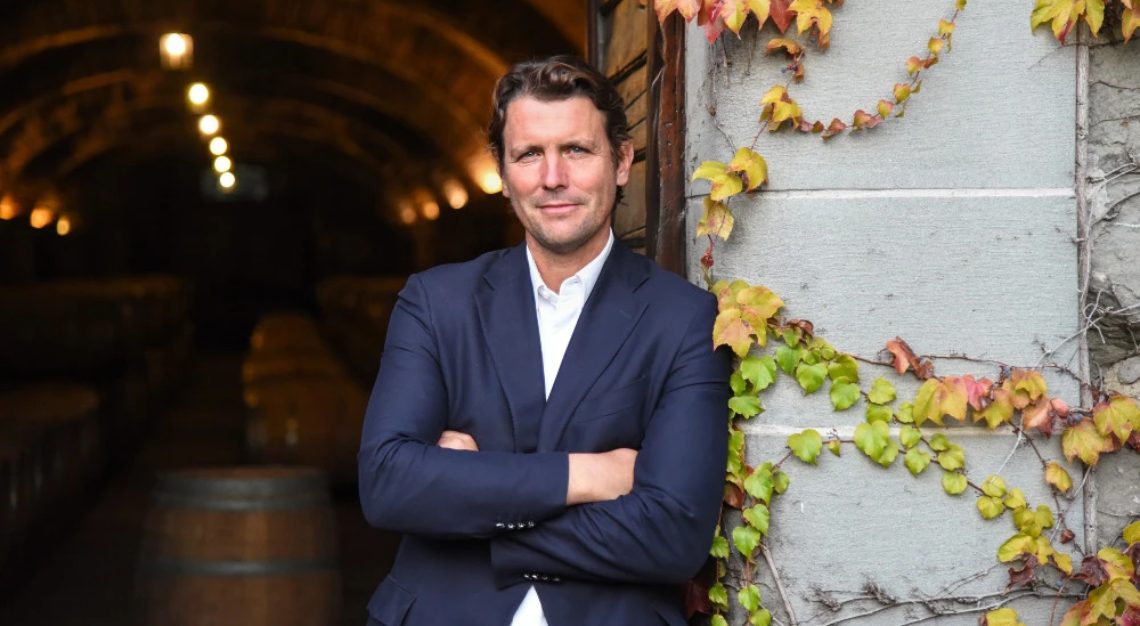
The Tuscan experience is precisely what Ferruccio had envisioned for the hospitality branch of the family business, with a goal of transforming the property into a luxury resort village. The concept resonated with Salvatore so much that he was inspired to leave the fashion world behind in Florence in the hands of his twin brother, James, who spearheads their operations. “Here, I’m a farmer,” Salvatore says with a soft chuckle.
As Il Borro prepares to celebrate its 30th anniversary in 2023, Salvatore has been reflecting on the aspects that are at the core of the property’s philosophy: balancing the finer things while still paying homage to heritage and the slow pace of living in the Tuscan countryside. Throughout the estate’s transformation, the Ferragamo family was particularly conscious of its natural surrounds. “Everything comes from the land,” he says, pointing to Il Borro’s philosophy of “organic production, in respect with nature and the environment.” The estate unfolds across more than 2,700 acres encompassing the gardens, 16,000 olive trees for extra-virgin olive oil, local bees for honey, 85 hectares of vineyards (the region’s quintessential Sangiovese grape included) and the newest addition of 250 sheep used for proprietary pecorino and ricotta cheese. There are also 300 chickens that produce an egg a day and wheat that’s grown to create flour for the house-made pasta.
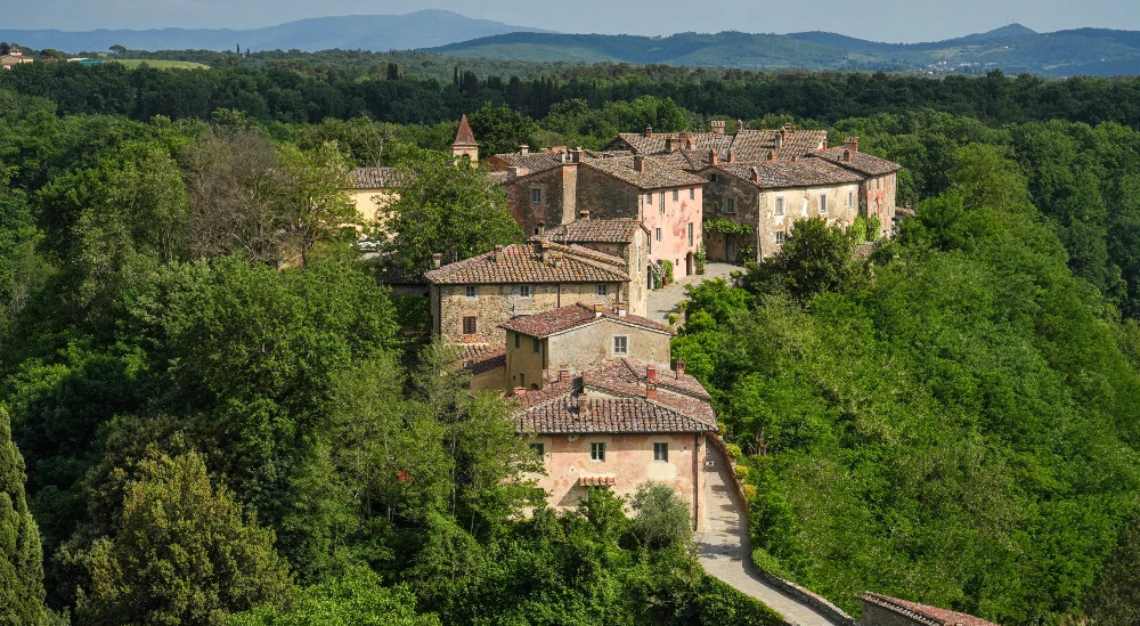
While organic and sustainable may be buzzwords today, that wasn’t the trend when Salvatore decided to create a wine for hotel guests in the late 1990s. He says that he focused on sustainability not only for the quality of the wine, but also for the health benefits. “If you use chemicals on the soil, through the process of photosynthesis, they’ll go back into your fruit and ultimately end up in the wine glass,” he says. He’s since noticed a number of farmers converting to organic and sustainable farming. Environmental impact has also always been a primary consideration; since 2010, he says, “We produce three times as much energy as we consume, so we qualify as a negative carbon footprint property.”
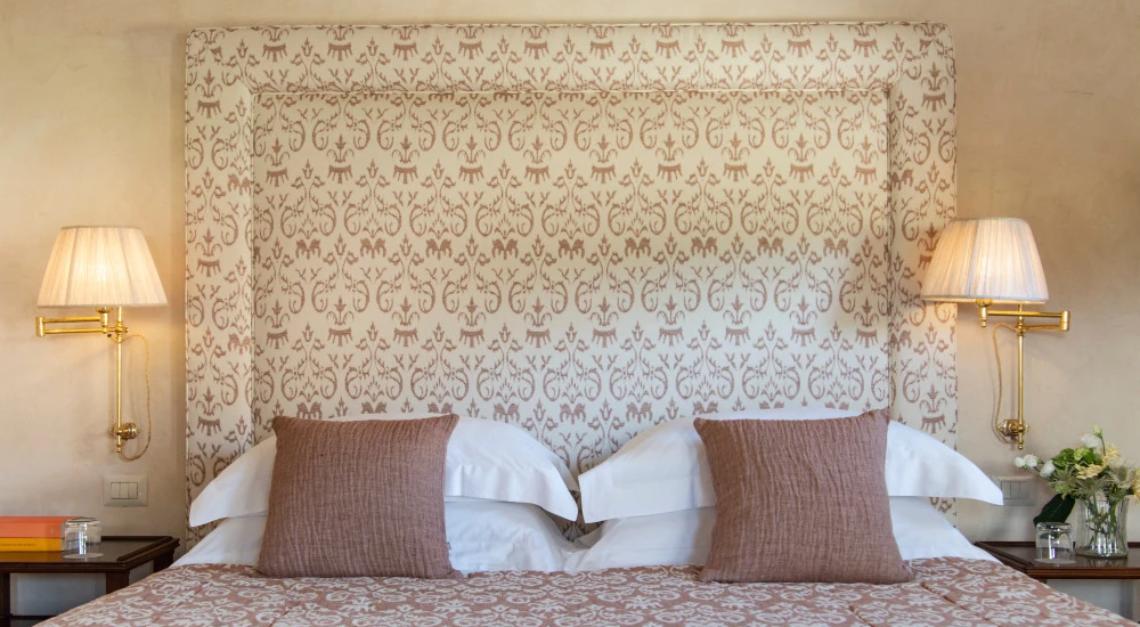
While there’s no shortage of ways to while away your time—from tasting the 14 wines grown on the estate to e-biking and horseback riding through the idyllic grounds or browsing a gallery housing 600 wine-related pieces, from 15th-century etchings by Abraham Bloemaert to Picasso—every moment is tranquil at Il Borro. Three villas and 58 suites are spread across a meticulously preserved medieval village and restored Tuscan farm houses, their neutral hues blending into the landscape, and all of the buildings make use of original materials, repurposing ruins of stone and brick. With a muted palette and wooden beams bleached white for a “lighter, contemporary style,” according to Salvatore, the rooms have shuttered windows that showcase sweeping vistas that resemble watercolour paintings. “You have to find the balance between modern comforts but also traditional, authentic experience,” he adds.
The experience is deeply informed by its singular location, but the family has also exported this sense of place to restaurants in Dubai and London, where they stress the importance of provenance in the heart of these urban hubs. It’s all an extension of Salvatore’s vision for this special place: “I think Il Borro is a trendsetter in our concept: hospitality on a farm that is not only a resort, but producing different products and restaurants that travel the world.”
Rates at Il Borro start at US$422 per night.
This article was first published on Robb Report USA
